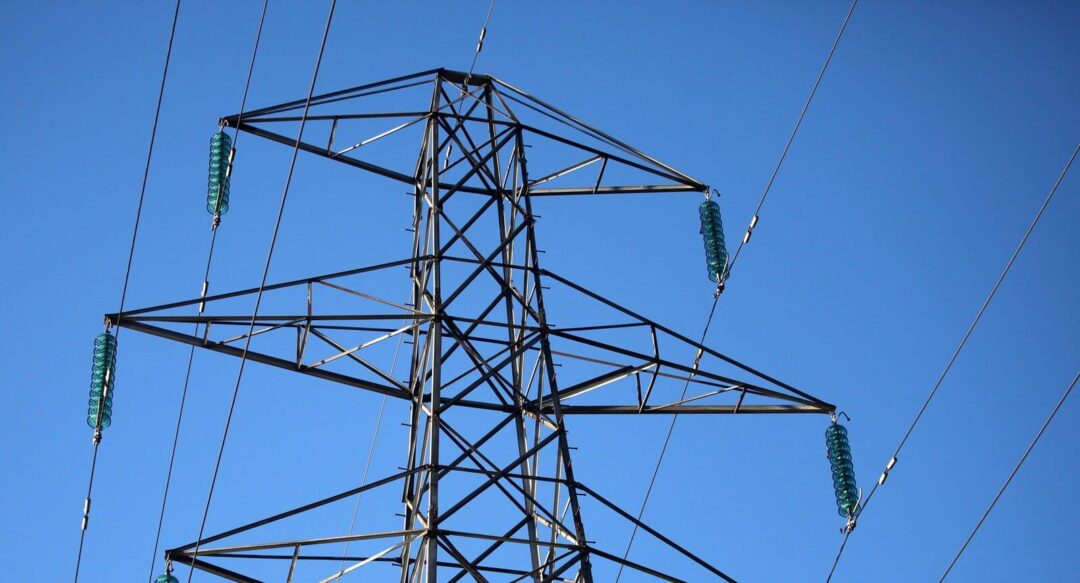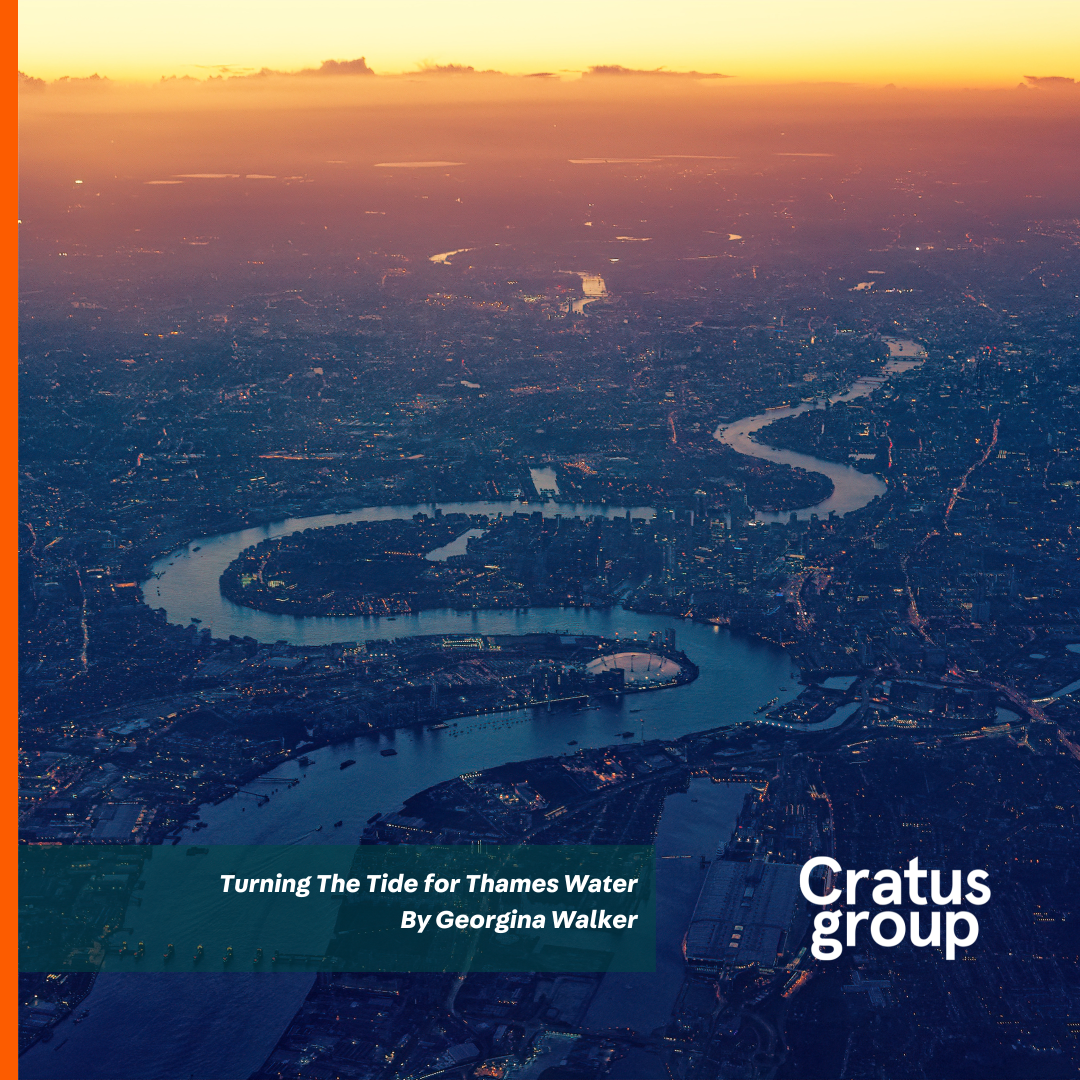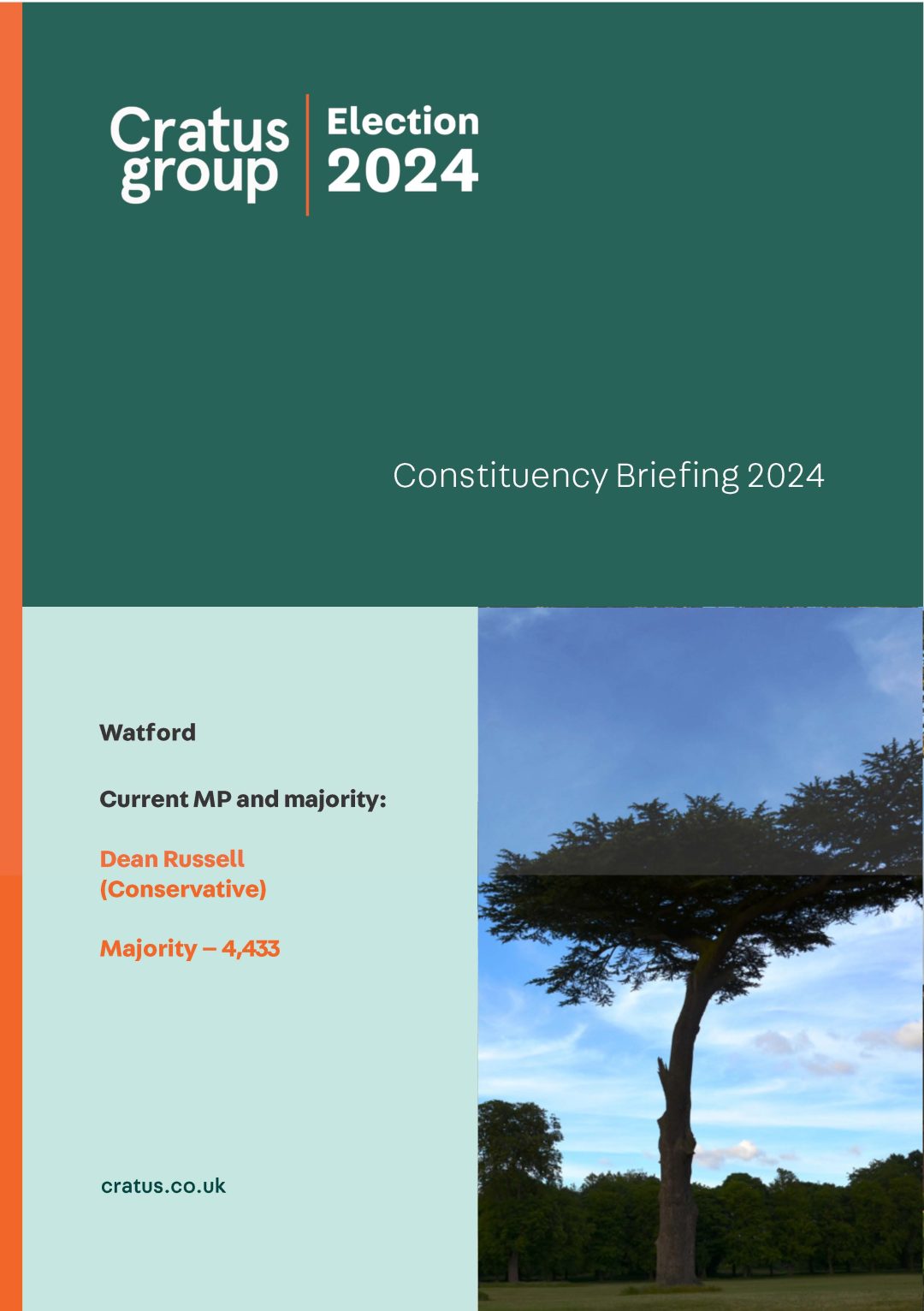What’s the future for Council-owned energy companies?
This week Portsmouth City Council announced pulling the plug on Victory Energy, the council-owned energy company, after attempts to find a buyer eventually failed. Set up by the previous administration to supply mainly low-carbon energy at a reduced price to citizens and at the same time create revenue for the local authority, expected to bring in £50m within five years, current Council bosses feel that the undertaking is “too risky” a venture and has closed it down at a cost of £2.5m.
So why do some authorities enthusiastically pursue the aim of becoming the proud owners of a publicly held power company and are others reluctant to go that route, or even decide to discontinue investments already made?
The flagship example of council-owned energy in the UK is without a doubt Robin Hood Energy, the gas and electricity supplier created and wholly owned by Nottingham City Council. With Robin Hood, the Council aimed to tackle fuel poverty and take on the Big Six energy companies who had been raking in large profits from households stuck on energy tariffs. Since its inception in 2015, Robin Hood has been keeping bills low, saving their customers often hundreds of pounds since there are no shareholders to be satisfied or bonuses to be paid. They have also been partnering with other authorities, who could piggy-back without being faced with the high set-up costs and start their own energy company using Robin Hood’s energy supply licence. A well-known example on the South coast is Southampton City Council’s CitizEn Energy, set up in 2018.
However, there are obvious risks involved. In today’s energy market, making a profit is really tough and offering cheap tariffs comes at a price. It is a crowded market, prices are high and it is feared some providers may be forced to cease trading. Then there are the upfront investments. To set up Robin Hood Energy, Nottingham City Council forked out £20m in tax-payer loans and recently provided another loan of £5.5m, repayable over 2 years. In Bristol, Bristol Energy had to be handed almost £29m from taxpayers. It is understandable that figures like these would raise eyebrows in many a City Hall.
At Robin Hood, spirits remain high. According to a spokesperson, the extra funding was needed for growth, Nottingham City Council had been paid 7.5% interest on their initial loan, resulting in over £2m during the term, with the additional funding being paid back within 2 years. In 2018 customer numbers were up by 30% over 12 months, 65% more people were taken on, contributing to local job creation and a modest profit was made, which was recycled straight back into the business.
So it seems that running a council-owned energy company requires a cool head, nerves of steel and an unshakeable belief that municipal energy is the way forward. Nottingham and Southampton are still going strong; Portsmouth has chosen a different path. Whether or not the business model will be sustainable in the long run remains yet to be seen.







